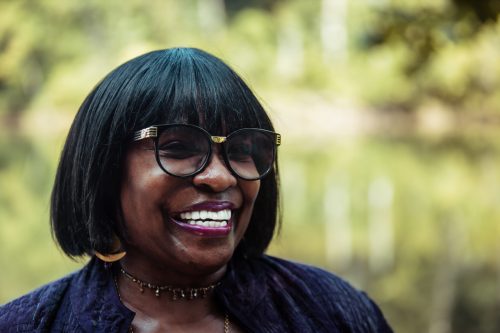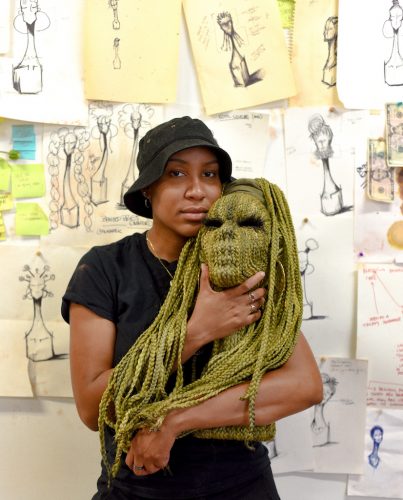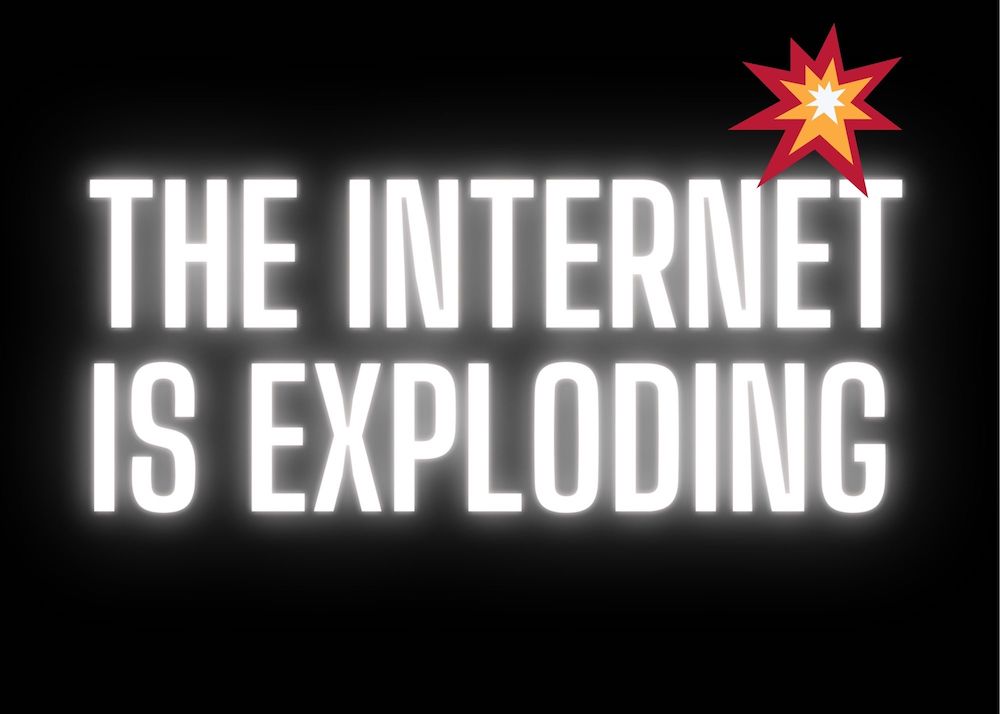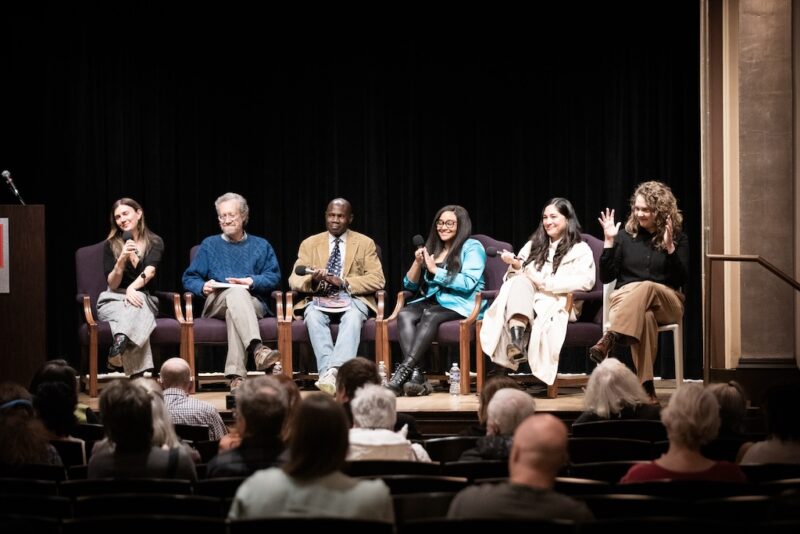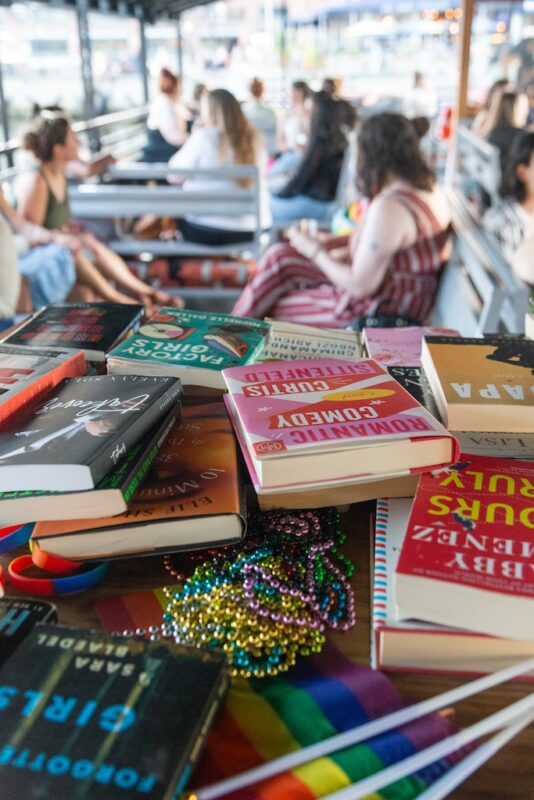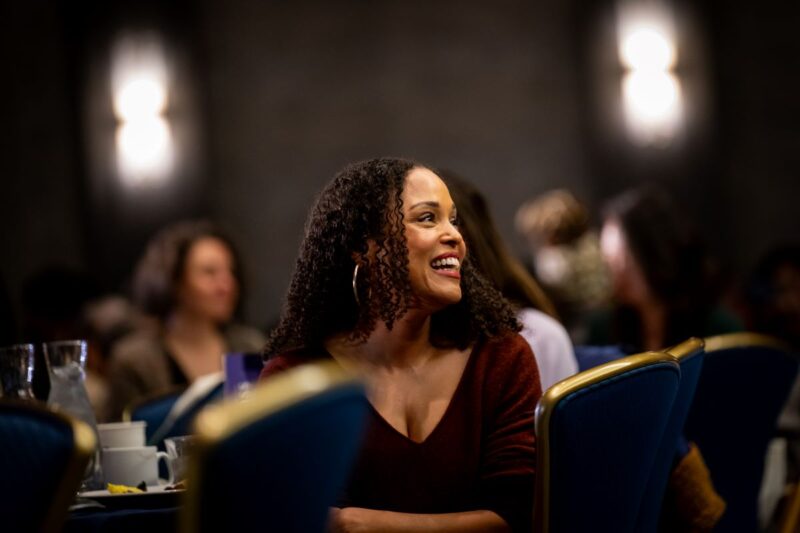1. Wired: Of Course We’re Living in a Simulation
I used to spend a lot of time thinking about the big questions, like where we came from and the origins of the universe. The older I get, however, the less those questions come to mind. Over the years, I have thought about whether we are all living in a simulation. When presented with the questions (usually by someone who passionately believes we are, in fact, in a simulation) I kind of shrug and agree that being in a simulation makes sense to me.
As Jason Kehe explains here, in a rather humorous fashion, “The best theory physicists have for the birth of the universe makes no sense. It goes like this: In the beginning—the very, if not quite veriest, beginning—there’s something called quantum foam. It’s barely there, and can’t even be said to occupy space, because there’s no such thing as space yet. Or time. So even though it’s seething, bubbling, fluctuating, as foam tends to do, it’s not doing so in any kind of this-before-that temporal order. It just is, all at once, indeterminate and undisturbed. Until it isn’t.”
For a long time, reality as a simulation was considered a conspiracy theory. But “Three things need to happen, and probably in this order, for any crackpot idea to take hold of the culture: (1) its nonthreatening introduction to the masses, (2) its legitimization by experts, and (3) overwhelming evidence of its real-world effects.” The simulation had all three of these things happen, and people continue to consider the idea with rigor. “Nobody knows—most likely, nobody ever will—if this world of ours was simulated by some higher-dimensional alien race, and for what purpose, and ultimately whether our simulators were themselves simulated. At a certain point, really, the specifics of it begin to seem beside the point.”
